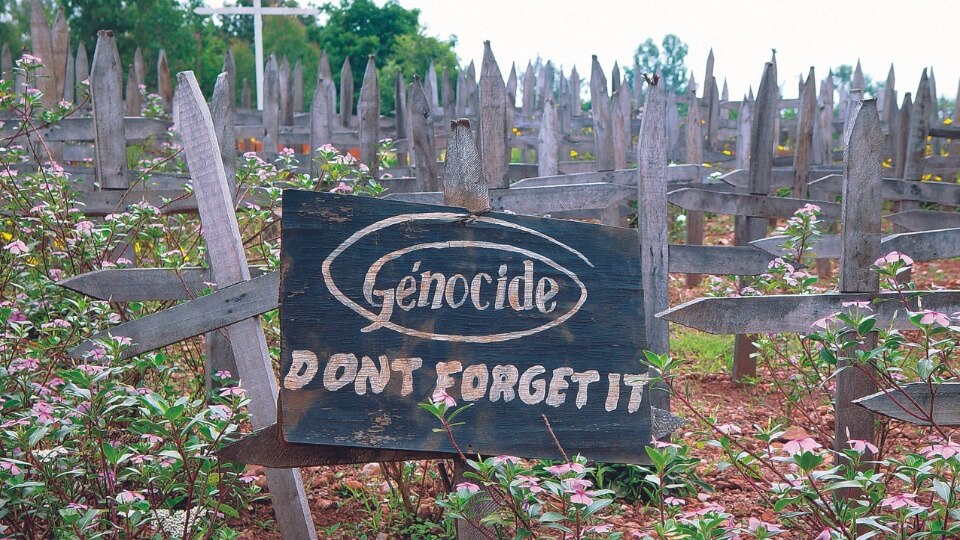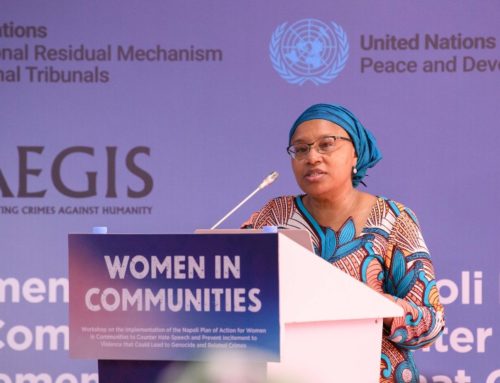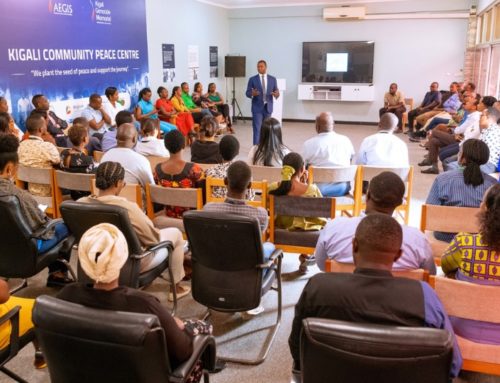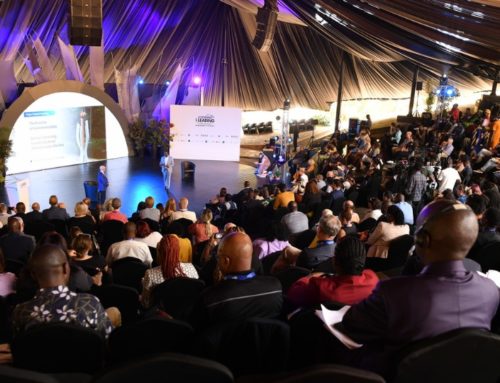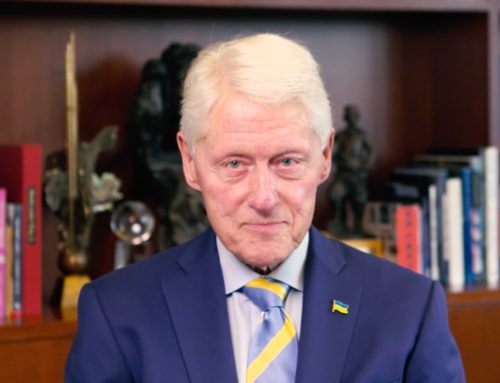The United Religions Initiative (URI) and Aegis Trust (Aegis) are deeply concerned about recent developments in Nagorno-Karabakh (Artsakh) and several other places where urgent action is required to prevent genocidal violence. Against this backdrop, URI and Aegis announce today their partnership focused on countering mass violence and hate speech across Africa and beyond, aiming to save thousands if not hundreds of thousands of lives in the coming years.
Aegis Trust is responsible for the Kigali Genocide Memorial in Rwanda, where 250,000 of the million victims of the 1994 Genocide against the Tutsi have their final resting place. Aegis works to predict, prevent, and ultimately eliminate genocide through research, education, and advocacy.
URI, with over 1100 Cooperation Circles and members in 118 countries, brings the world’s largest interfaith grassroots network working to end religiously motivated violence and promote cultures of peace, justice, and healing.
Both organizations view violence and genocide as public health issues and share a vision for a violence-free world. Some key objectives for this global partnership are to:
- Scale the application of epidemic control measures as they apply to peace education and efforts to predict and prevent actions that could lead to genocide or mass atrocities,
- Engage faith leaders and actors to change norms and practices related to violence, particularly genocide and mass atrocities,
- Encourage and support the religious, spiritual, and Indigenous communities around the world to stop the spread of violence, particularly violence affecting religious, spiritual, and indigenous communities, and
- Put into place the necessary infrastructure to be able to predict and prevent actions which have the potential to lead to genocide or mass atrocities.
Freddy Mutanguha, CEO of Aegis Trust and Director of the Kigali Genocide Memorial, says: “As we see time and again, religious differences can be leveraged by leaders who build themselves a platform through the politics of ‘us and them’, heightening the risk of violence. However, working with religious leaders in places like the Central African Republic, we also see how their vision and example of unity and interfaith humanity can quell violence between their followers. Working with URI will help us promote such excellent practice more widely.”
URI Executive Director Jerry White considers the partnership with Aegis a “tremendous opportunity to scale a community-led health approach to head off future genocides and mass atrocities. URI was founded with an ambitious aim – to end religiously motivated violence. Partnership with Aegis offers a giant leap forward that will save lives across Africa.”
URI and Aegis Trust will focus their initial collaboration on designing a framework for an effective early-warning infrastructure to interrupt at the earliest stages hate or dehumanizing speech or similar tendencies that could lead to genocidal violence.

